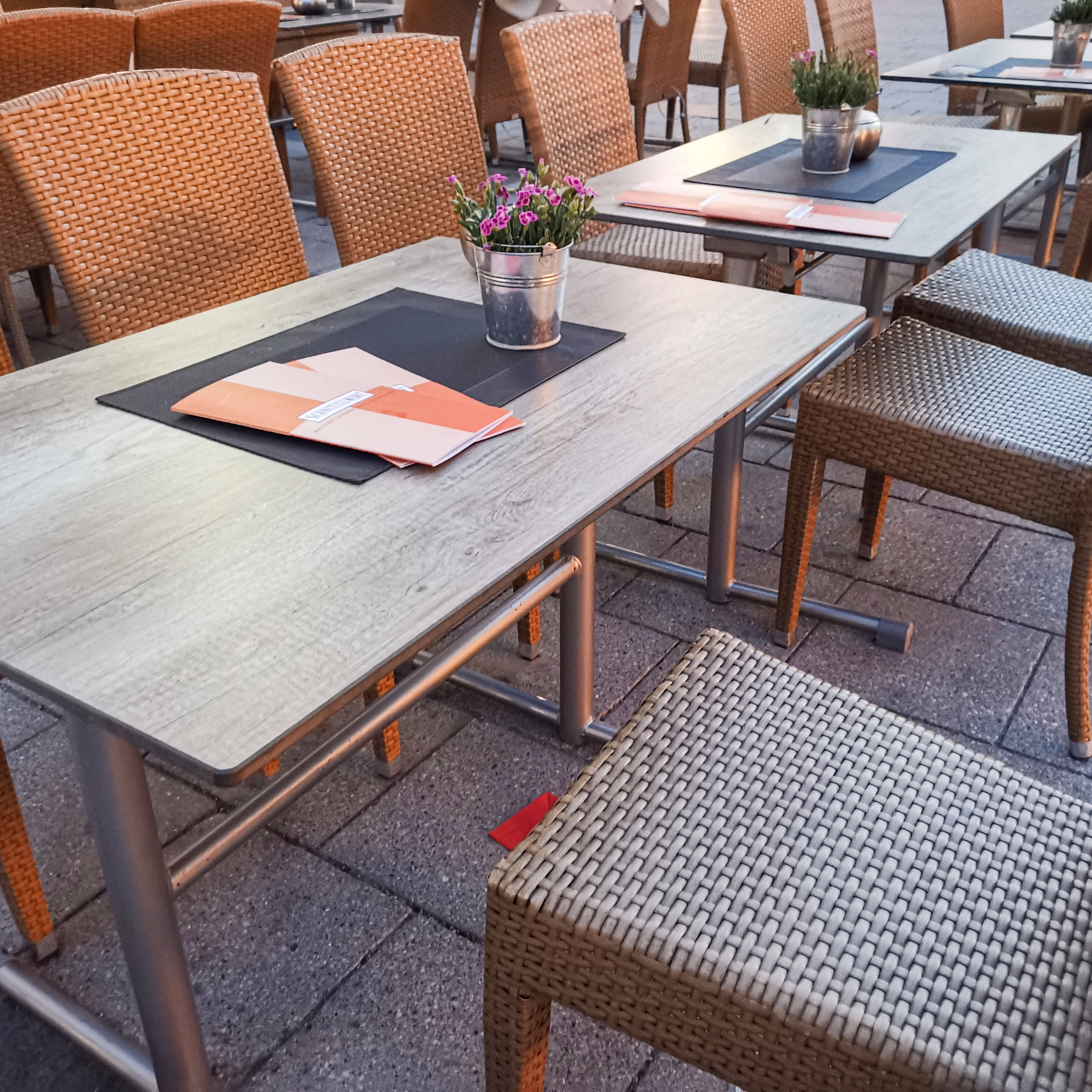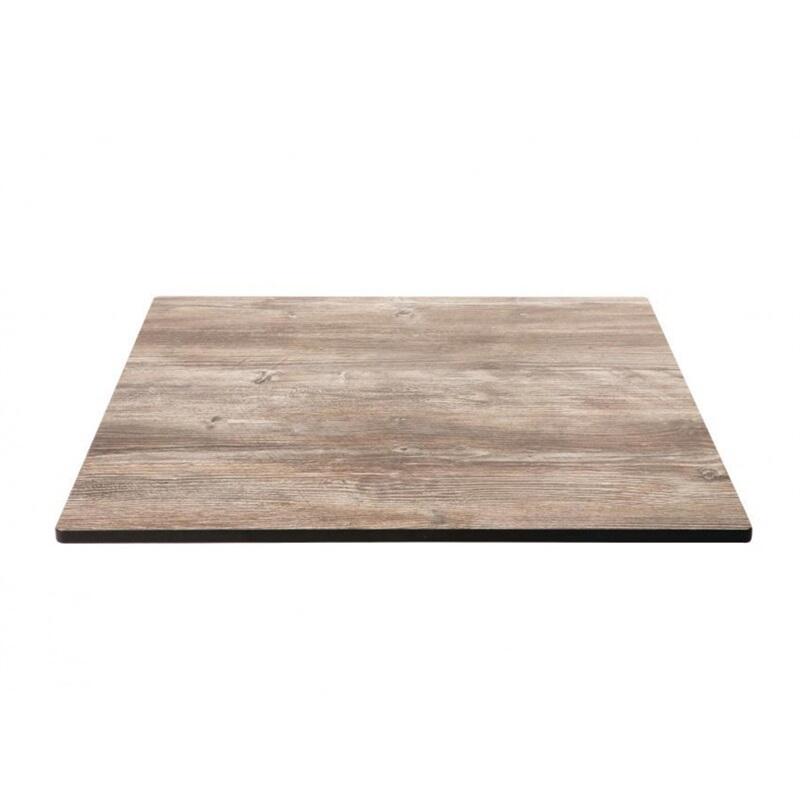광주 판유 구역 다시 거리 관阱 마을 시종 삼로 +86-20-39252892 [email protected]
학교 실험실은 높은 위생 기준을 유지하는 것이 중요한 활발한 환경입니다. 항균 테이블 탑은 이러한 고 교통량 지역에서 교차 오염의 위험을 줄이는 데 중요한 역할을 합니다. 연구에 따르면 항균 표면은 일반 표면에 비해 미생물의 존재를 최대 99.9%까지 줄일 수 있습니다. 이 상당한 감소는 유해한 박테리아가 학생들과 교직원 사이에서 퍼지는 것을 최소화합니다. 또한, 적절한 위생 관행은 질병 관련 결석을 줄이고 학습 연속성을 높이며 더 안전한 교육 환경을 보장하는 데 중요합니다.
HPL (고압 가루판) 표면 은 학교 연구소 에서 흔히 볼 수 있는 화학물질 유출 에 저항 하기 위해 설계 되었습니다. 산, 염기, 또는 다른 부식 물질에 대처할 때, 이 테이블 타프들은 잠재적 인 손상에 대한 강력한 방어력을 제공합니다. 화학물질에 저항하는 것 외에도 HPL 테이블 톱은 스크래치와 충격에도 저항하며, 장기간 사용하면서 외모와 기능을 유지할 수 있습니다. 실험실 환경에서의 일상적인 마모는 상당히 크기 때문에 HPL와 같은 내구성 있는 재료에 투자하면 학교 가구들이 더 오래 지속될 수 있도록 보장되며, 기관의 재정적 투자를 보호합니다.
교육 시설 표준을 준수하는 것은 학교 실험실의 필수 사항이며, 항균성 HPL 표면은 이러한 엄격한 요구 사항을 충족시키는 데 도움이됩니다. 이 표면들은 관련 건강과 안전 표준을 준수하고 학교가 규제 준수에서 벗어나지 않도록 보장합니다. 질병통제예방센터 (CDC) 와 같은 기관들은 교육 환경에서 세균의 성장을 억제하는 데 도움이 되는 물질을 사용하는 것을 권장합니다. 학교 는 준수 하는 것 을 유지 함 으로 안전 을 증진 시키는 것 이 아니라, 위험 한 일 을 당하는 것 에서 자신 들 을 보호 해 주는 것 이기도 하며, 따라서 관리 와 부모 들 에게도 마음의 안심 을 준다.
항균 HPL 표면은 세균과 곰팡이의 성장을 억제하여 위생을 유지하는 데 필수적입니다. 이러한 표면은 미생물 존재를 지속적으로 줄여주며 수명 동안 장기적인 보호를 제공하며, 처리되지 않은 대안에 비해 우수합니다. 항균 특성을 통합하는 것은 감염 위험을 최소화하고 교육 시설이 학생과 직원에게 안전한 공간으로 남도록 하는 선제적 전략입니다.
HPL 테이블은 잠재적으로 위험한 실험실 실험에서 안전 기준을 충족하도록 설계되었습니다. 충격에 강한 특성 덕분에 고강도 사용하더라도 큰 손상 없이 내구성과 기능성을 유지합니다. 이러한 견고한 가구에 투자하면 활발한 학교 환경에서 발생할 수 있는 위험을 줄이고 더 안전하고 안심할 수 있는 교육 환경을 조성합니다.
HPL 표면은 교육 공간의 미적 요구 사항에 맞는 다양한 맞춤형 마감을 제공합니다. 매력적인 실험실은 학생들의 관심과 실습 실험에 대한 참여를 높일 수 있습니다. 다양한 색상과 패턴 옵션을 통해 학교는 실험실을 기관의 브랜딩이나 테마 디자인과 일치시킬 수 있어 동기 부여와 몰입이 가능한 학습 환경을 조성할 수 있습니다.
적절한 실험실 가구를 선택하는 문제에 있어서 내구성 있고, 시간 을 초월 한 아름다움 우아한 디자인과 비교할 수 없는 내구성으로 돋보인다. 이 제품은 교육 기관이 테이블의 크기와 모양 및 마무리에서 수많은 옵션을 제공하여 실험실의 특정 필요에 따라 테이블을 사용자 정의 할 수 있습니다. 이러한 사용자 정의는 각 테이블이 실용적인 요구 사항을 충족시킬뿐만 아니라 현대 교육 환경에 원활하게 통합되도록 보장합니다. 이 테이블은 일상적인 실험실 활동에 견딜 수 있도록 설계되어 있으며, 미적 무결성을 손상시키지 않고 장기간 사용이 가능해지며, 번잡한 학교 실험실의 완벽한 선택이 됩니다.

그 내구성 설계 HPL 테이블 톱을 충족 견고함과 스타일을 결합하여 교육 환경에 이상적인 제품입니다. 이 테이블 상판은 일상적인 마모를 견딜 수 있는 튼튼한 디자인으로 제작되었으며, 교육 기관의 분위기에 어울리는 세련된 외관을 유지합니다. 이러한 감각적인 테이블 디자인을 도입함으로써 학교는 기능성과 미학을 동시에 충족하는 학습 환경을 조성할 수 있으며, 학생들의 전반적인 경험을 향상시킬 수 있습니다. 테이블 상판의 내구성은 활발한 환경에서도 최고의 외관과 기능을 유지하여 긍정적이고 몰입감 있는 학습 분위기를 강화해 줍니다.

구조화된 설치 가이드를 통해 교육 환경에서 HPL 표면을 적용하는 것이 크게 단순화됩니다. 이러한 자원은 학교가 실험실의 새로운 테이블을 효율적으로 설치하여 다운타임을 줄이고 기존 커리큘럼에 신속하게 통합할 수 있도록 지원합니다. 많은 제조업체는 이 과정을 돕기 위해 포괄적인 고객 지원과 온라인 자원을 제공하며, 이를 통해 기술적인 질문이 즉시 해결될 수 있습니다. 숙련된 조립 지침을 따름으로써 학교는 설치 시간을 최소화하고 잠재적인 오류를 줄일 수 있어 더 원활한 전환과 빠른 운영 준비를 가능하게 합니다.
학술 환경에서 HPL 표면의 돋보이는 특징 중 하나는 청소가 용이하다는 점으로, 이는 유지 관리에 드는 노력과 자원 소비를 크게 줄여줍니다. 표면의 내구성을 해치지 않으면서도 효과적인 위생 관리를 보장하는 권장 프로토콜을 사용하면 정기 청소가 매우 간편해집니다. 이러한 효율적인 과정을 통해 높은 수준의 위생 상태를 유지함으로써 학생과 교직원의 건강과 복지를 지원할 수 있습니다. 효율적인 청소 절차를 도입함으로써 학교는 최소한의 노동과 비용으로 실험실의 미관과 기능성을 모두 유지할 수 있습니다.
HPL 표면의 적절한 관리는 수명을 연장하고 교육 환경에서 성능을 최적화하는 데 중요합니다. 명확하게 명시된 관리 지침을 적용하면 학교 가구의 수명을 크게 향상시킬 수 있으며 투자 수익률이 높습니다. 일상적인 유지 관리 방법과 경계적인 관리 전략을 채택함으로써 학교는 빈번한 교체로 인한 부담스러운 비용을 피할 수 있으며, 재원이 다른 교육 자원에 효과적으로 전달되도록 보장합니다. 이 접근법은 연구실 인프라의 품질을 보존할 뿐만 아니라 학교 자산의 지속 가능한 관리에도 기여합니다.